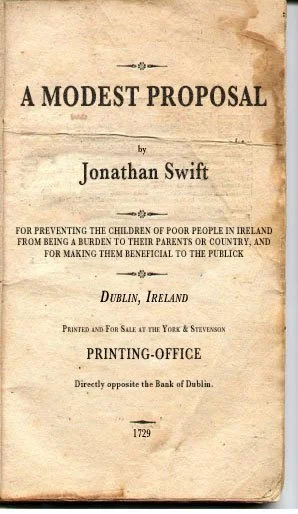Chris Powell: Why all the hungry children in Conn.?
MANCHESTER, Conn.
Connecticut's summer meals program for children is being treated by state government and news organizations as a sort of triumph. Necessary as it may be, the program is actually a sign of disaster.
The program, operated by the state Education Department, Connecticut Foodshare, the U.S. Agriculture Department, and municipal governments, serves free breakfasts and lunches every day at 600 locations around the state -- schools, parks, and community facilities -- to an estimated 37,000 children 18 and under, no questions asked.
Connecticut News Junkie reports that the program is meant to substitute for the free breakfasts and lunches provided at schools during the school year.
Additionally, during school vacation state government has authorized an extra $36 million in welfare benefits to households with children.
Discussing the program the other day, Lt. Gov. Susan Bysiewicz said, “One in six of our kids are food insecure. The summer months are a strain on family budgets without access to those free meals."
If one out of every six children is “food insecure" -- unable to be fed reliably at home -- that's nearly 17 percent of Connecticut's children. That sounds like poverty approaching depression levels. Even greater poverty is indicated by the estimated 40 percent of births in the state that are being covered by Medicaid, welfare medical insurance. How are people on Medicaid prepared to have children?
The lieutenant governor noted that heavy participation in the free-meals program clashes with Connecticut's image as a wealthy state. Indeed, it should clash enough to prompt an investigation by the General Assembly as to the causes of all this poverty.
Simply appropriating more and more money to ameliorate poverty shouldn't be enough. Why can't so many parents support their children?
Failing to ask about and act against the causes of Connecticut's deepening poverty guarantees that it will get worse still.
* * *
When prisons in Connecticut release inmates, the former offenders aren't necessarily set free. They are usually delivered into poverty. Most never had much in the way of work skills to begin with, many are mentally ill, and few jobs except menial ones are available to unskilled and mentally ill people with prison records.
For 150 years Community Partners in Action, formerly the Connecticut Prison Association, has provided transitional services to former offenders returning to society, helping them find housing, jobs, and mental health and addiction treatment, as well as providing moral support.
The organization operates “re-entry welcome centers" throughout the state, in large part with grants from state government, since rehabilitating and resettling former offenders is really government's obligation -- not just its obligation to the former offenders but its obligation to society generally, which is in danger if former offenders return to crime.
So to help released prisoners achieve a decent life, state government should provide them with a year of basic housing, medical insurance, and a job at minimum wage or better. They could do plenty, if only by collecting roadside litter -- if the state employee unions wouldn't be overcome by jealousy.
But the other week the Connecticut Mirror reported that the new state budget has erased the $1.5 grant that Community Partners in Action was scheduled to receive next year. As a result the organization will curtail accepting new clients.
House Speaker Matt Ritter says the grant was removed to help keep the new state budget within spending limits but legislators hope to revisit the issue in a special session this fall.
How much more hypocritical bleating about the poor will Democratic legislators do before then?
At least one group won't have to worry about its appropriations.
Gov. Ned Lamont recently said that he is confident that his administration will reach agreement with the state employee unions on new contracts. The governor reminded the unions that $100 million for raises already has been budgeted, and the contracts probably will provide raises around 5 percent.
Since next year is a gubernatorial and legislative election year, that $100 million is a lock, and for the moment it could seem as if state employees raises devoured the prisoner re-entry centers and some other more compelling things.
Chris Powell has written about Connecticut government and politics for many years (CPowell@cox.net).
